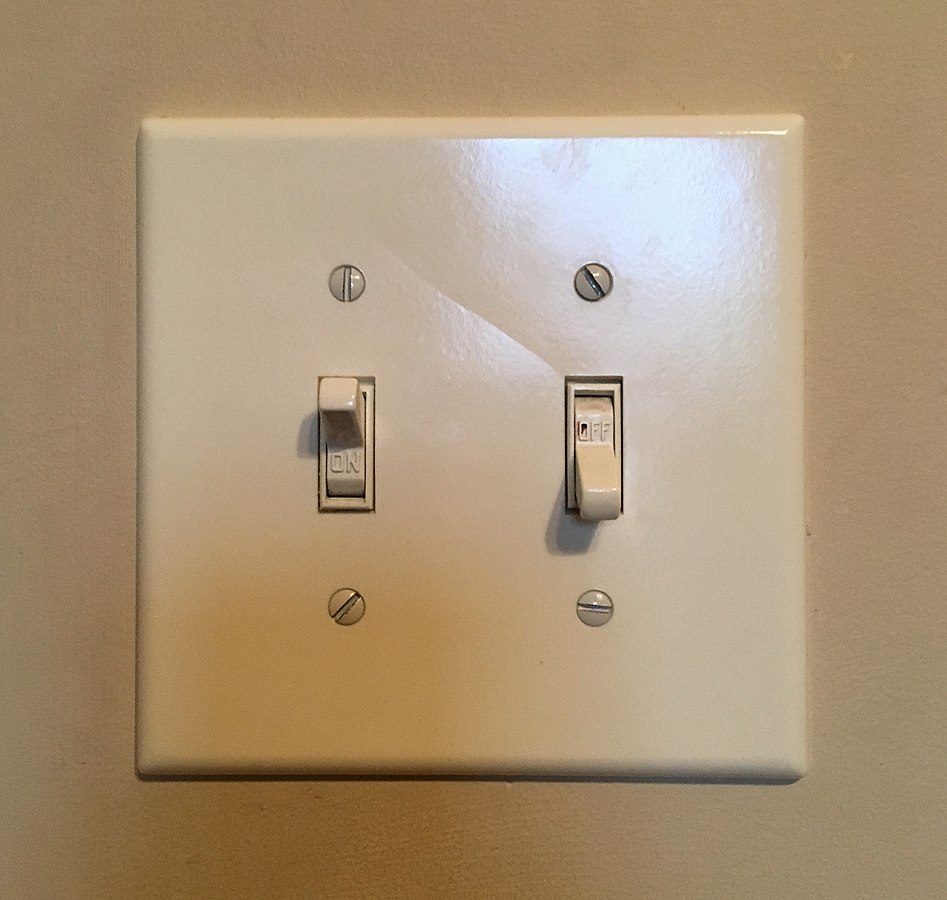I’m lazy when I connect to the database, especially on my laptop. Anything that saves a few keystrokes I’m keen on ![]()
So rather than type “sqlplus username/password@database” I like to take advantage of a wallet
In my private sqlnet.ora, or the global one if it makes sense to do so, I add the details of wallet
SQLNET.WALLET_OVERRIDE=TRUE
WALLET_LOCATION=(SOURCE=(METHOD=FILE)(METHOD_DATA=(DIRECTORY=c:\oracle\wallet)))
This tells Oracle, that when I begins a connection to the database, we will look in directory “c:\oracle\wallet” for wallet entries, which I’ll now create
C:\oracle\wallet>mkstore -create -wrl c:\oracle\wallet
Oracle Secret Store Tool : Version 12.1.0.2
Copyright (c) 2004, 2014, Oracle and/or its affiliates. All rights reserved.
Enter password: ********
Enter password again: ********
This creates an empty wallet. You’ll need a password for the wallet, which is required whenever maintenance to the wallet is required. Then I add an entry to the wallet for my database, in this case, “MYDB”
C:\oracle\wallet>mkstore -wrl c:\oracle\wallet -createCredential MYDB scott tiger
Oracle Secret Store Tool : Version 12.1.0.2
Copyright (c) 2004, 2014, Oracle and/or its affiliates. All rights reserved.
Enter wallet password: ********
Create credential oracle.security.client.connect_string1
I also have a MYDB entry in my tnsnames.ora
MYDB =
(DESCRIPTION =
(ADDRESS_LIST =
(ADDRESS = (PROTOCOL = TCP)(HOST = localhost)(PORT = 1525))
)
(CONNECT_DATA =
(SERVICE_NAME = np12)
)
)
At this point, we can now connect securely to the database without ever requiring a password to be hard coded on command line, or in an environment variable etc.
The wallet is consulted, which maps MYDB to scott/tiger, and also maps to MYDB in tnsnames.ora, and the two then form the database connection.
C:\oracle\wallet>sqlplus /@mydb
SQL*Plus: Release 12.1.0.2.0 Production on Mon Sep 21 16:22:43 2015
Copyright (c) 1982, 2014, Oracle. All rights reserved.
Last Successful login time: Thu Sep 10 2015 11:40:45 +08:00
Connected to:
Oracle Database 12c Enterprise Edition Release 12.1.0.2.0 – 64bit Production
With the Partitioning, OLAP, Advanced Analytics and Real Application Testing options
SQL> show user
USER is “SCOTT”
You can list the credentials stored in the wallet using
mkstore -wrl c:\oracle\wallet -listCredential
When prompted for a password, enter the password used to create the wallet.
So for me, its about saving on keystrokes, but you can see how using a wallet, also means you can now avoid hard-coding passwords in any of your applications or scripts. There are also additional features for wallets which you can use to prohibit them from being copied across machines etc.
Note: Wallets are like SSH keys. You store them securely and obviously don’t pass them around to people 🙂
Catch the video version here




Got some thoughts? Leave a comment